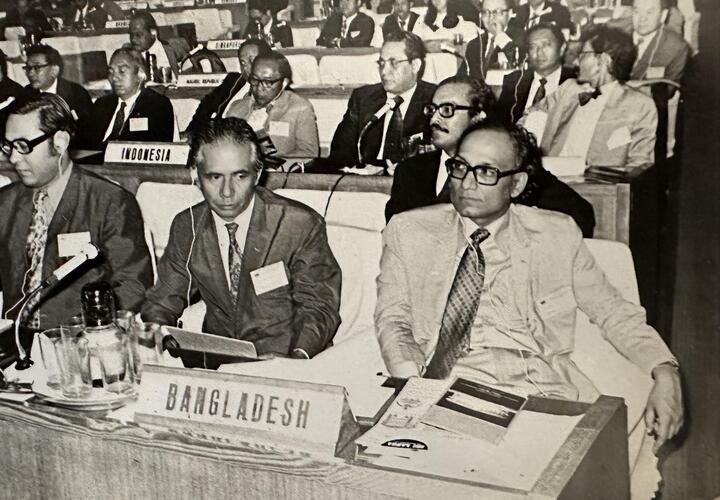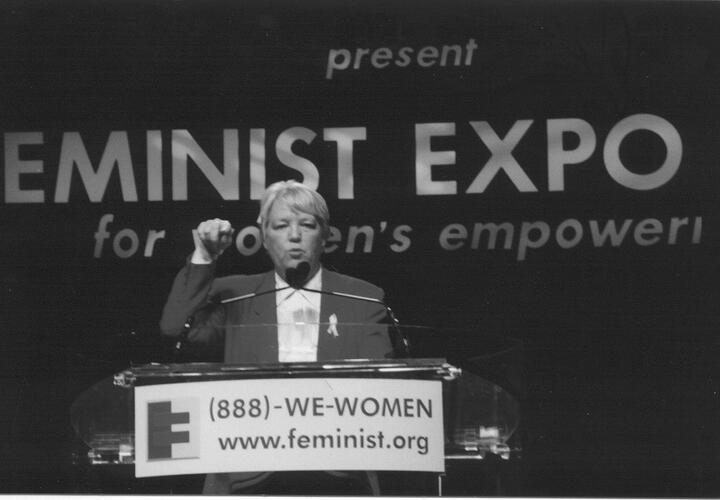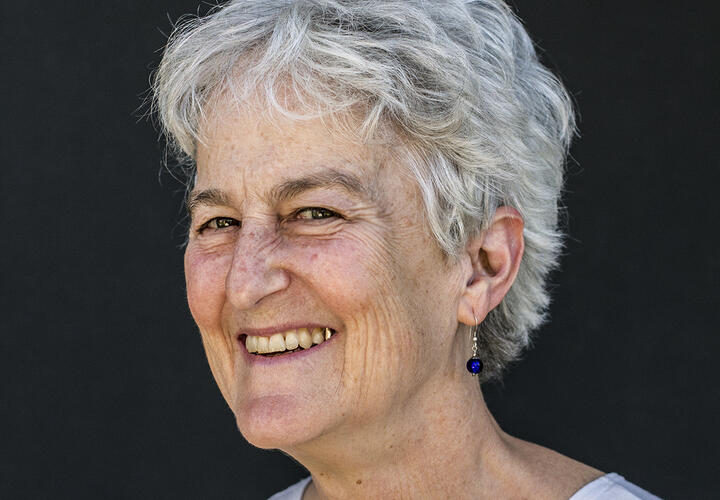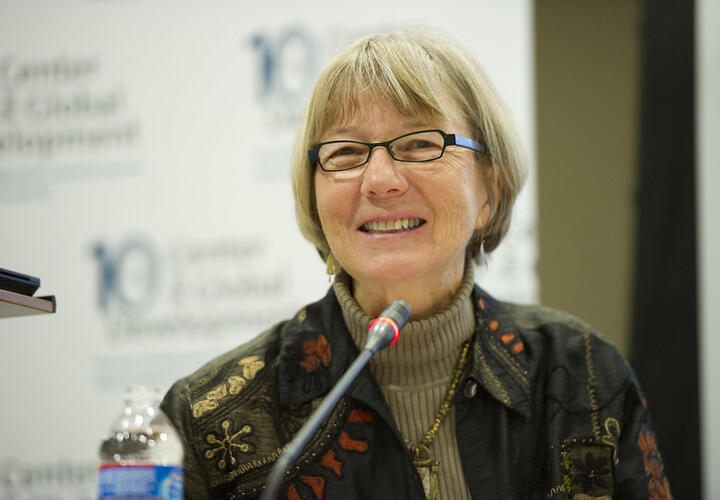Our History
EGC was the first development research center in a major US university to focus on using quantitative methods to understand economic development
The EGC History Project
In celebration of EGC’s 60th anniversary in 2021, the Center documented its rich history. The aim was to recognize the people who made up EGC — the founders, faculty, students, and visitors — to understand how their ideas helped shape development economics at Yale and beyond, and to contribute to the picture of the history of the discipline more broadly. From this project grew a digital archive containing a wealth of material: documents obtained from the Ford Foundation archive and Yale libraries; interviews with present and former EGC affiliates recounting their time at the Center; EGC annual reports, and other publications; and more. The EGC History archive is now available to Yale students and other researchers interested in the history of development economics. Begin exploring the archive with our interactive timeline or by clicking the links below. To obtain access to the digital archive, email your request to egc@yale.edu.
Read about the history of EGC
The Economic Growth Center was founded at Yale with funding from the Ford Foundation in 1961.
The Center's first Annual Report gives an account of its origins:
Several years ago Professor Simon Kuznets proposed the establishment of a permanent research center for quantitative, comparative analysis of the long-term growth of national economies. Such a center, it was believed, could serve a variety of purposes: development of improved concepts of economic measurement; establishment of higher standards of workmanship in governmental statistical agencies and in research organizations; refinement and standardization of key measurements for many economies over extended periods of time; and the use of this material to test hypotheses about economic growth.
-EGC Annual Report, May 1962
Alongside this research agenda, EGC would serve as a training ground for future development researchers and policy practitioners. The Center took over the management of the International Foreign Economic Administration (IFEA) program – a program for international students that had been in existence since 1955 – and revised it to incorporate the Center's quantitative focus. The IFEA program brought young economists and statisticians employed in public service in their home countries to Yale to receive a year of advanced training. The IFEA program was renamed the International and Development Economics (IDE) program in 1979 and EGC continues to host the IDE one-year masters program.
Today EGC researchers are applying rigorous methods to understand not only the links between economic growth and poverty, but also how rising inequality and a changing climate affects individual wellbeing, especially among marginalized groups in developing countries.
The 2020–21 academic year marked EGC's 60th Anniversary, and to celebrate, the EGC team worked to document the Center's history and the contributions community members made to scholarship and policy around the world. Explore the articles below and search for #EGCat60 on social media. If you have questions, information on EGC history you would like to share, or suggestions for articles, please contact us.



